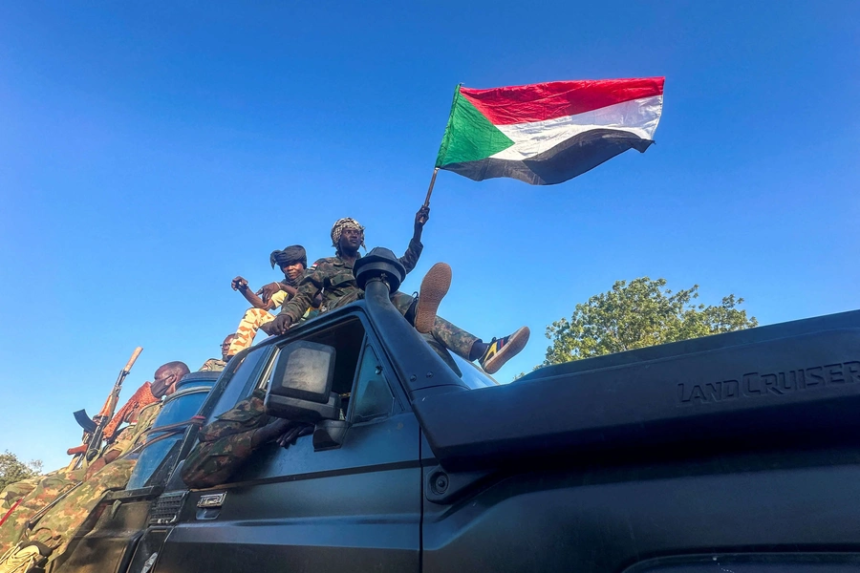Complexity of Sudan’s Crisis Demands International Action
The crisis in Sudan continues to escalate, yet the world remains largely indifferent to the suffering of its people. Michelle Gavin sheds light on the complexities of the conflict and urges for urgent intervention.
One common excuse for the lack of international attention towards Sudan’s crisis is its complexity. The conflict involves multiple factions, including the Sudanese Armed Forces and the Rapid Support Forces, as well as various external powers fueling the war. However, the idea that there are no “good guys” in Sudan is misguided. The Sudanese people, who rose up against the oppressive regime of Omar al Bashir, are the true heroes in this conflict.
Despite the challenges and limited leverage Western powers have in Sudan, it is crucial to acknowledge the ongoing genocide and hold accountable those responsible for the atrocities. The conflict in Sudan is not simply about ethnic divides, but rather a power struggle among remnants of Bashir’s regime. The good guys are those striving for peace and unity in a country torn apart by violence and greed.
The United States’ recognition of genocide in Sudan serves as a call to action for the incoming administration and a means to pressure the backers of the RSF. It is essential to understand that while certain ethnic groups may be targeted, the overall conflict is driven by political motives rather than identity.
It is imperative for the international community to recognize the suffering of the Sudanese people and take meaningful steps to end the violence. The good guys in Sudan are fighting for a better future, and it is time for the world to stand with them in solidarity.
Source: CFR








